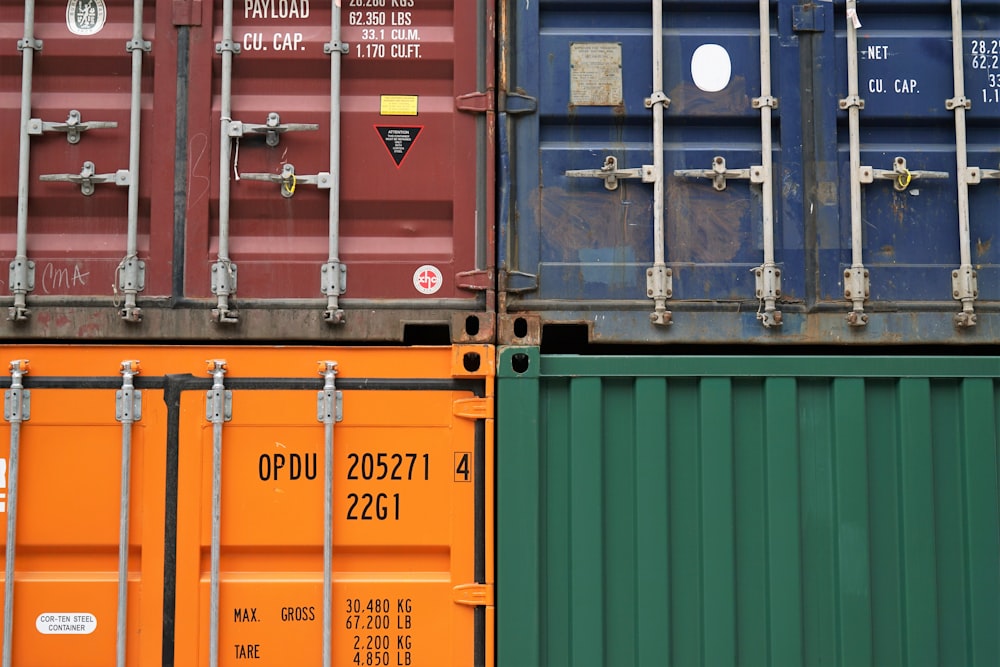No, Economists Didn’t Get It Wrong On Trump’s Tariffs
Image Source: Unsplash
A threatened tariff that is never implemented does not hurt the economy as much as a threatened tariff that is actually implemented.
That simple point seems to have eluded Matthew Lynn, whose recent Washington Post column title told readers, “Economists Were Wrong About Tariffs. They Need to Figure Out Why.”
While I agree that economists do tend to overreact to tariffs, and oversell the benefits of lowering them, the simple reason economists were ‘wrong’ is that the tariffs Trump threatened on April 2 (aka “Liberation Day”) were never implemented.
The tariffs Trump promised us averaged well over 20 percent. The current nominal effective tariff rate is 17.9 percent, as calculated by the Yale Budget Lab. The reason for emphasizing “nominal” is that this is the rate we would be paying if companies actually paid the tariff rates Trump puts down on paper for a specific country and item. But the actual rate that companies end up paying is often much less.
As Trump advertises, he likes to make deals. So, if CEOs head down to Mar-a-Lago bearing gifts, they can get lower tariff rates – or even exemptions. Apple CEO Tim Cook led the way with his gift of a gold medallion to Trump on national TV. As a result, Apple is exempt from Trump’s 100 percent tariff on semi-conductors as well as his tariff on smartphones. With other companies (generally large companies) making similar deals, the effective tariff rate is far below the nominal rate.
We can easily calculate the effective tariff rate by looking at how much money the government is collecting in tariffs. According to the Treasury Department, it took in $30 billion in August, an increase of $23 billion from last August. Annualizing that gap, the increase in tariffs comes to $276 billion, an amount equal to about 8.5 percent of current goods imports. That is the actual increase in the tariff rate.
That will still be a hit to trade, but far less than the hit from the tariffs Trump advertised on LIberation Day. If economists can be blamed in projecting out the impact of the tariffs, it is for failing to recognize that Trump is a corrupt blowhard, and what he says on any given day has little to do with what he actually does. Hopefully, economists have learned their lesson here.
Of course, just because the tariffs ended up being far lower than advertised doesn’t mean they aren’t having a negative impact on the economy. Trump has hit the country with a massive tax increase, probably the largest ever seen. The increase is equal to 0.9 percent of GDP. Taking that over a 10-year budget horizon, as is generally done, it comes to $3.1 trillion. In other words, it’s real money.
And tariffs are taxes like any other tax. Donald Trump may think they have some mystical quality, but Donald Trump’s imagination doesn’t affect the economy. A tax increase of $276 billion pulls money out of consumers’ pockets and will slow the economy.
We are already seeing evidence of a weaker labor market; the unemployment rate had risen to 4.3 percent in August, up from 4.0 percent in January. (Trump won’t let us see the September jobs report, which was prepared before the shutdown.)Also, some tariff increases have the effect of pulling consumption forward, such as the ending of the de minimus exemption which led to a big surge in online sales in August. But there is no doubt that the tariffs are pulling money out of the economy and slowing growth, as economists predicted.
There is another important point about the harm tariffs do to the economy. As opposed to something like a sales tax, they are erratic; Trump takes pride in changing them all the time. This both makes it difficult to make long-term investment plans and also enables businesses to get special privileges due to their bribes and access. This will hurt longer term growth since companies aren’t succeeding because they are innovative or efficient, but because they are friends with Donald Trump.
More By This Author:
The Trump Boom: A Legend In His Own MindStill No Jobs Report, But Labor Market Is Not Looking Good
Thoughts From The Shutdown




